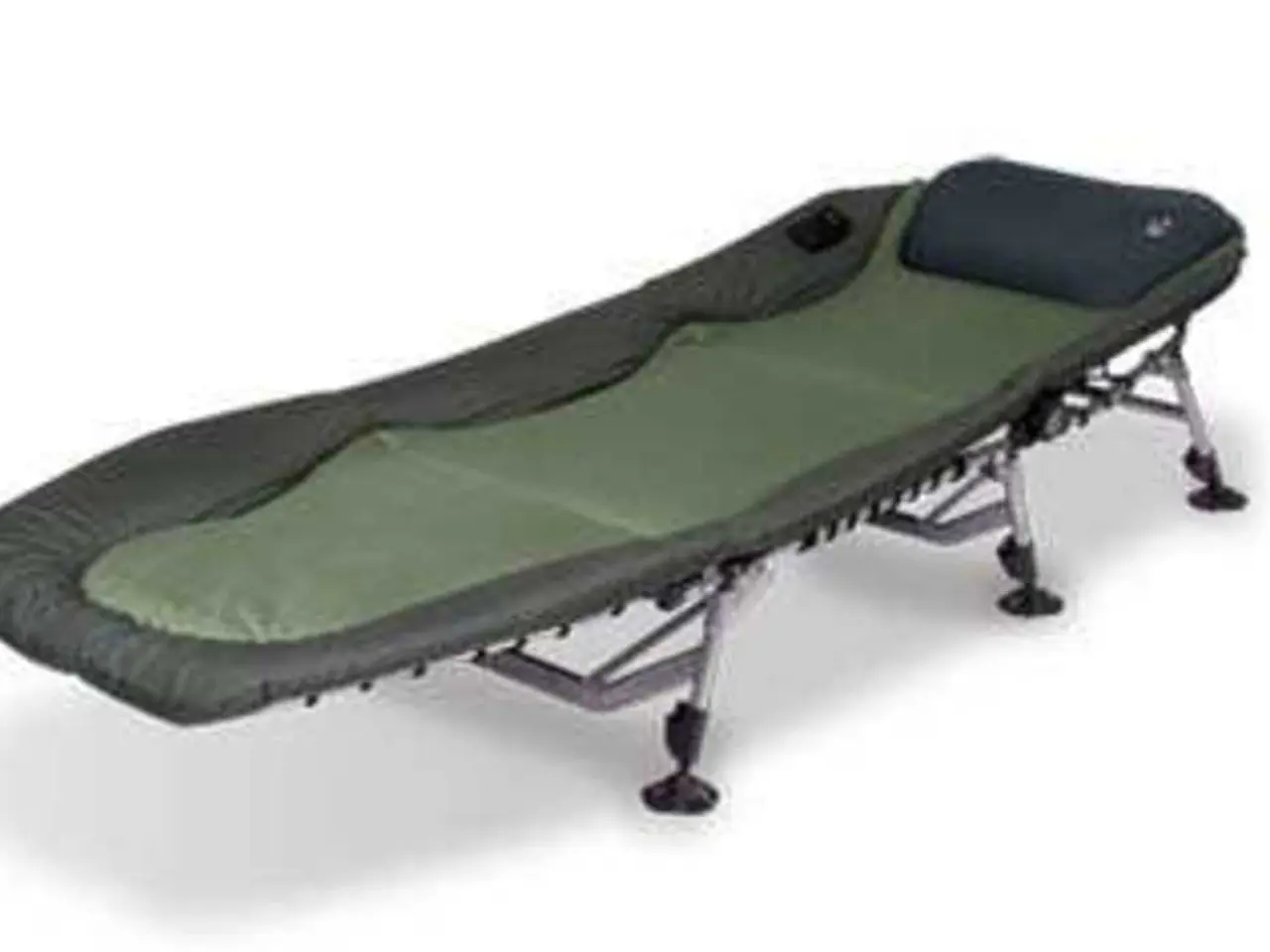Adult struggle and potential contributing factors, as well as associated health conditions
### Unravelling Nighttime Leg Pain in Adults
Nighttime leg pain in adults can be a perplexing issue, stemming from various conditions. This article delves into some of the most common causes and potential treatments for these uncomfortable night-time disturbances.
#### Muscle Cramps
Muscle cramps, caused by sudden contractions of muscle fibres, are a common culprit. Triggers may include muscle fatigue, dehydration, and mineral deficiencies such as low magnesium, potassium, or calcium levels.
#### Varicose Veins and Venous Insufficiency
Varicose veins and venous insufficiency can cause pain due to poor circulation and swelling in the legs.
#### Restless Legs Syndrome (RLS)
RLS, a nervous system disorder that triggers uncomfortable sensations in the legs, affects around 7-8% of people in the United States. Characterised by an irresistible urge to move the legs, often accompanied by sensations like tingling or crawling, RLS symptoms worsen at night and are often worse when resting for long periods. They can be alleviated by rubbing or moving the legs.
#### Peripheral Artery Disease (PAD)
PAD, involving the narrowing of arteries, leads to reduced blood flow and pain in the legs.
#### Pregnancy
Changes in circulation and mineral shifts during pregnancy can increase the risk of leg pain.
#### Nerve Issues
Conditions like peripheral neuropathy or pinched nerves can cause burning, tingling, or electrical shock sensations.
#### Blood Clots (Deep Vein Thrombosis)
May cause severe pain and swelling.
#### Medications
Certain drugs, such as diuretics and statins, can lead to muscle cramps.
#### Treatments for Nighttime Leg Pain Conditions
##### For Muscle Cramps
* Stretching and Massage: Regular stretching, especially in the calf area, and gentle massage can help relieve tension. * Hydration and Mineral Supplementation: Ensuring adequate hydration and maintaining normal electrolyte levels with supplements if necessary. * Changing Sleep Posture: Avoid sleeping with toes pointed, which can shorten the calf muscles and trigger cramps.
##### For Restless Legs Syndrome
* Dopamine Agonists: Medications like ropinirole or pramipexole to reduce symptoms. * Lifestyle Adjustments: Avoiding stimulants, maintaining a regular sleep schedule, and engaging in regular physical activity. * Iron Supplements: If iron deficiency is present.
##### For Varicose Veins and Venous Insufficiency
* Compression Stockings: To improve blood flow and reduce swelling. * Elevation: Raising the legs to reduce swelling. * Surgical Options: For severe cases, procedures like vein ablation or stripping may be necessary.
##### For Peripheral Artery Disease
* Lifestyle Changes: Regular exercise, smoking cessation, and a healthy diet. * Medications: To manage blood pressure and cholesterol levels. * Angioplasty or Stenting: To improve blood flow through narrowed arteries.
##### For Pregnancy-Related Pain
* Supportive Measures: Using pillows to elevate the legs and improve circulation. * Stretching Exercises: Gentle stretching to ease muscle tension.
##### For Nerve Issues
* Physical Therapy: To improve nerve function and reduce discomfort. * Medications: For managing neuropathic pain.
##### For Blood Clots
* Anticoagulant Therapy: To prevent further clotting and reduce the risk of pulmonary embolism. * Hospitalization: In severe cases, hospital admission may be necessary to monitor and manage the condition.
##### For Medication-Induced Pain
* Consult a Healthcare Provider: To consider alternative medications or adjust current dosages.
If you experience night-time leg pain that wakes you up or causes difficulty sleeping, or if leg pain or cramping occurs alongside other symptoms, it's essential to consult a healthcare provider. Leg cramps are more common in older adults, with around 50% of adults over 50 experiencing them.
It's crucial to remember that this article is for informational purposes only and should not be used as a substitute for professional medical advice. Always consult your healthcare provider for any health-related concerns.
- Restless Legs Syndrome (RLS) affects around 7-8% of people, triggering uncomfortable sensations in the legs, especially during nighttime and rest periods.
- Diabetes, a disease that affects the body's ability to manage blood sugar levels, has been linked to an increased risk of peripheral neuropathy, a condition causing nerve issues and potentially leg pain.
- Psoriatic arthritis is a type of inflammatory arthritis associated with psoriasis, leading to joint pain, swelling, and deformity, including in the legs.
- Obesity, a condition characterized by an excess accumulation of body fat, can cause ulcerative colitis, a type of inflammatory bowel disease causing digestive system discomfort and, potentially, leg Pain.
- HIV, a virus that attacks the immune system, can lead to a range of health problems, including peripheral neuropathy and atopic dermatitis, an inflammatory skin condition.
- Pre-exposure prophylaxis (PrEP) is a medication used to prevent HIV transmission, but its potential side effects may include muscle and joint pain, including in the legs.
- Hepatitis C, a viral infection that affects the liver, has been linked to rheumatoid arthritis, a chronic autoimmune disorder causing joint pain, swelling, and deformity in the legs.
- Dermatitis, an inflammatory skin condition, can cause itching and discomfort, which may lead to restlessness and leg movement, especially at night.
- Pfizer, a pharmaceutical company, has developed drugs for treating psoriasis, a skin disease that's often accompanied by psoriatic arthritis.
- Crohn's disease, an inflammatory bowel disease, can cause leg pain due to joint inflammation and related complications.
- A blocked artery can lead to a lack of blood flow in the legs, potentially causing leg pain or cramping, a symptom of peripheral artery disease (PAD).
- Asthma, a chronic respiratory condition, may be linked to atopic, a term used to describe a type of allergic disease, and predicative of various health-and-wellness issues, including potential nighttime leg pain. Moreover, fitness-and-exercise routines can help alleviate asthma symptoms and improve overall health, potentially reducing nighttime leg pain.





